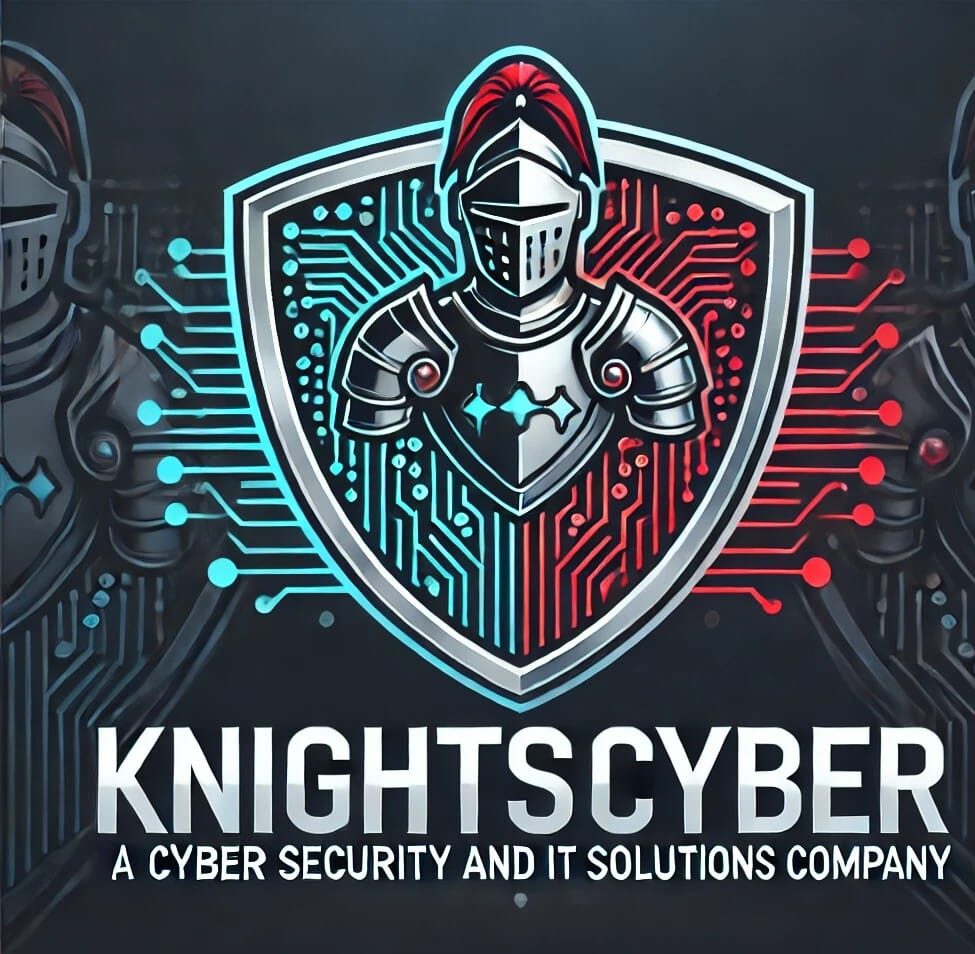AI Transforming Cybersecurity Careers: The Future Workforce Evolution
CyberSecurity
AI Transforming Cybersecurity Careers: The Future Workforce Evolution
Introduction
The integration of Artificial Intelligence (AI) into cybersecurity is revolutionizing the landscape of IT security. As AI technology becomes more advanced, it not only offers enhanced security measures but also reshapes the career paths within the cybersecurity sector. This article examines how AI is transforming cybersecurity careers and what it means for the future workforce.
The Impact of AI on Cybersecurity
Artificial Intelligence is proving to be an invaluable asset in the fight against cyber threats. With its ability to process large amounts of data and detect anomalies, AI technology assists in identifying and mitigating potential threats faster than traditional methods. This not only enhances security protocols but also demands a new set of skills from cybersecurity professionals.
Enhancement in Threat Detection and Response
- Speed and Efficiency: AI-powered systems can process data at unparalleled speed, identifying potential threats before they can cause harm.
- Predictive Analysis: Utilizing machine learning algorithms, AI can predict potential vulnerabilities by analyzing historical data and threat patterns.
Challenges in Implementation
Despite its advantages, the implementation of AI in cybersecurity comes with challenges. Issues such as ethical considerations, data privacy, and the complexity of AI systems require careful management. Cybersecurity professionals must stay updated with AI technologies and understand the ethical implications of their use.
The Changing Role of Cybersecurity Professionals
As AI takes on more cybersecurity tasks, professionals in the field are seeing their roles evolve. This shift demands a blend of traditional cybersecurity skills and new competencies related to AI technologies.
Critical Skill Sets for the Future
- AI and Machine Learning Expertise: Professionals need to understand how AI algorithms work and how to optimize them for security applications.
- Data Analysis Skills: Analyzing and interpreting complex data outputs from AI systems are crucial for effective threat response.
- Ethical Hacking: Utilizing AI to simulate attacks to identify vulnerabilities and test the robustness of security systems.
Collaboration Between Humans and AI
While AI can automate many tasks, it still requires human oversight for strategic decision-making and innovation. The future cybersecurity workforce will need to collaborate with AI systems, using them as partners to enhance security measures.
Career Opportunities in AI-Driven Cybersecurity
The rise of AI in cybersecurity opens up new career opportunities. As organizations adopt AI technologies, there is a growing demand for professionals with a hybrid skill set combining cybersecurity expertise and AI proficiency.
Evolving Job Roles
- AI Security Specialist: Focuses on integrating and managing AI tools within an organization’s security infrastructure.
- Cyber Threat Intelligence Analyst: Utilizes AI tools to gather and analyze threat intelligence and provide actionable insights.
- Security Automation Engineer: Designs and implements automated security processes using AI technologies.
Preparing for the Future Workforce
To thrive in an AI-enhanced cybersecurity environment, professionals must invest in continuous learning and skill development. Educational institutions and training programs are crucial in providing courses that combine AI and cybersecurity training.
Leveraging Education and Training
Cybersecurity professionals can enhance their careers by:
- Joining specialized training programs: Focused on AI and cybersecurity to gain the necessary skills.
- Participating in workshops and conferences: Offering insights into the latest advancements in AI technology.
- Obtaining relevant certifications: Such as Certified Information Systems Security Professional (CISSP) with a focus on AI.
Building a Diverse Cybersecurity Workforce
Emphasizing diversity within the cybersecurity workforce will foster innovation and efficiency. Collaborations between professionals with various backgrounds and skills will be necessary to navigate the complexities of AI technologies effectively.
Conclusion
The integration of AI into cybersecurity is not just enhancing security measures but is also transforming the career landscape for professionals in the sector. By adopting new skills and approaches, the cybersecurity workforce of the future will harness AI’s capabilities to create more robust and effective security programs. Embracing this evolution will require commitment to learning and adaptation, paving the way for exciting career opportunities in an increasingly AI-driven world.
